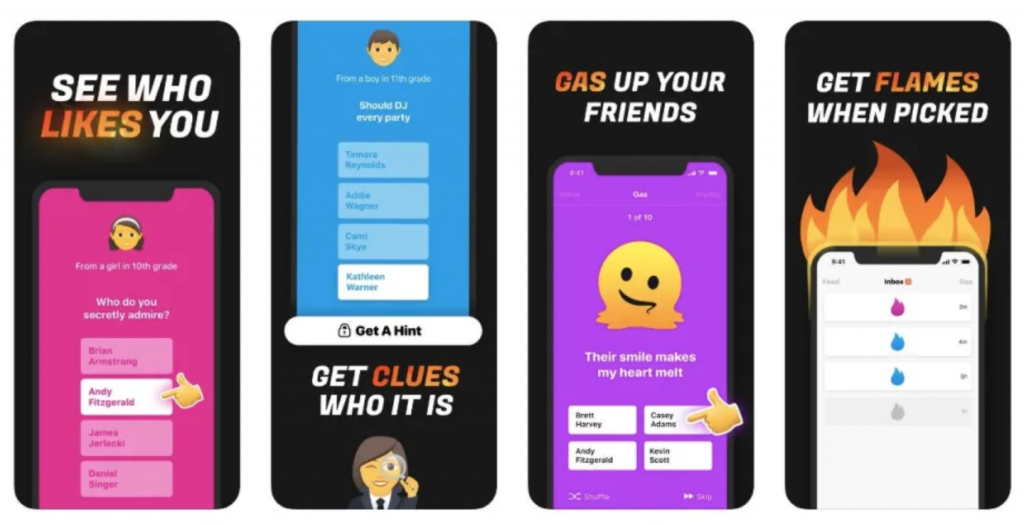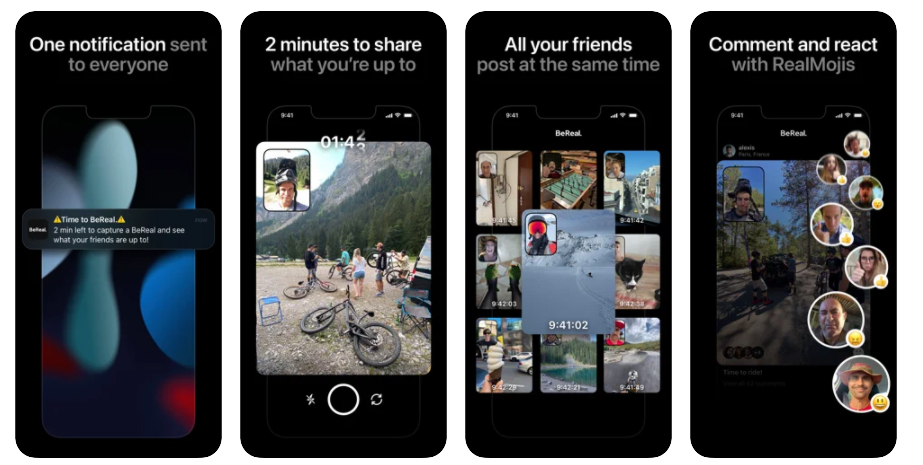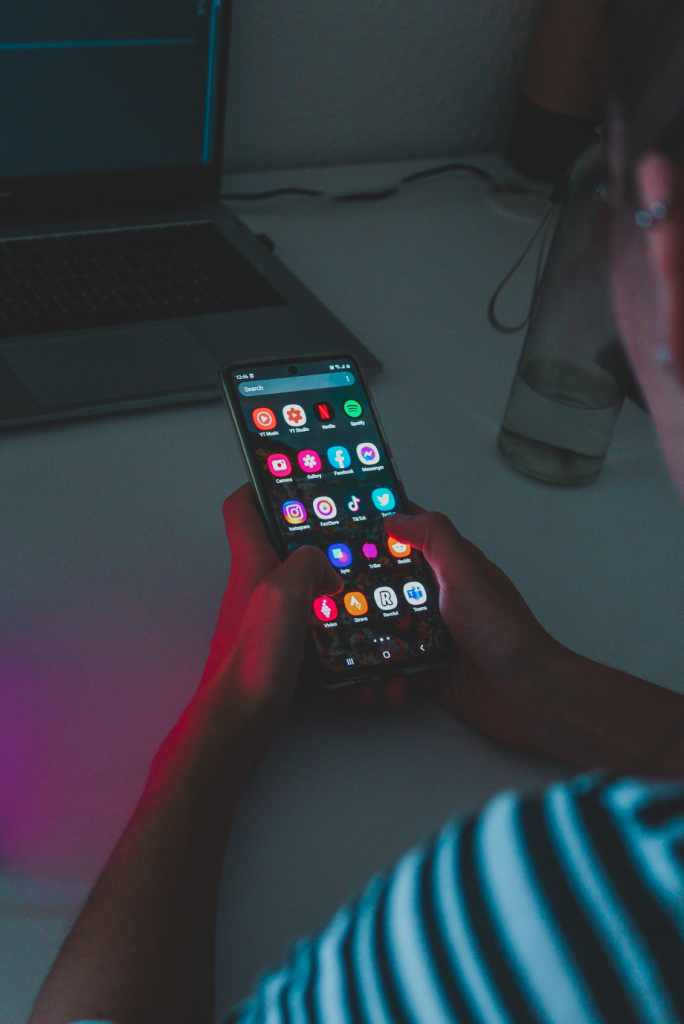Users, young and adult, seek out social media to meet basic needs for entertainment, motivation and perceptions of well-being. Teens and younger adults socialize online more time and tend to have a greater risk of adverse psychological effects on them. Not only because of the time they may spend connected but the quality of content they stay connected to.
“Teens have a less fixed sense of self that relies more on feedback from peers. Also, teens and young adults have a less mature prefrontal cortex, which regulates emotional responses to social rewards. The connection between the use of social media and its undesirable outcomes increases the incidence of anxiety, stress, depression, body image concerns, and loneliness in teens and young adults” (APA, 2022).
Capture Intelligence Mental Health In-depth analysis
From Capture Intelligence, a Samy Alliance agency specializing in Research and Data, we have conducted an in-depth analysis of mental health in younger generations. During this analysis, we monitored the organic conversations of young people on social media platforms.
Thanks to this deep learning, we realized that Generation Z perceives tremendous social pressure in labour and academic matters. Even though social media often harms Generation Z, 74% say they spend their free time connected. During the analysis, we also learned that the ‘Mental Health Million Project’ provided scientific information on the mental well-being of the global population and concluded that 44% of people between the ages of 18 and 24 suffer from severe psychological problems.
Depression will be the leading cause of disability among young people and adults in 2030*
The World Health Organization (WHO)
Insights from the report
When listening to these generations, we’ve come up with several insights about this younger audience that determines their feelings towards social media and the environment.
An insight to stand out; social media platforms have become a place to open up emotionally. Social platforms are where they go to share their experiences, ask questions and even seek help/support with their problems. But social media platforms are also where their problems start. Some content can affect the perception of other people’s lives, aesthetics and even the idealization of personalities.
The foremost opportunity is to transform social media into a safe space. Brands can help make social media platforms feel less of a hostile place. An example of this would be a community manager service responsible for responding to and assisting users with problems, contributing to generating an environment of respect.
The new “safe” ad realistic apps

GAS. See who likes you.
According to a recent report by the ANAR Foundation, cyberbullying already accounts for 18.1% of cases of bullying. Learning to prevent and combat it is critical, involving everyone who can be part of the solution. Teens find themselves suffering from cyberbullying in practically all of the social media platforms, WhatsApp (66.9%), Instagram (53.1%) and TikTok (48.6%). They can feel lonely and left out when they aren’t suffering from direct cyberbullying. Social media platforms can be dangerous for teens struggling with self-confidence and still developing as adults.
That is why there is a need for safer online spaces for this age, such as the new social media platform Gas.
Gas is the new positive social media platform designed especially for teens. A new platform was created to disrupt the industry and portray a positive social media movement. Gas was launched this past August 2022 and has already millions of users throughout the teenage market. The phrase “Gas me up” is the app’s primary purpose. Users can also give their friends positive feedback, compliments, and comments.
The app safely protects the privacy of minors, it offers limited interaction between users and all questions and answers are positive and respectful to create a safe community that encourages healthy behaviour between users.
BeReal. Your friends, for real.

Social media platforms are also in need of authenticity. One of the main reasons young generations continuously suffer from mental health and physical and personal anxiety is a lack of authenticity. Social media accounts aren’t authentic, filters are all over the platform, and content creators tend to misuse them.
But that is why social media platforms like BeReal are born.
BeReal is a digital space where authenticity rules. The platform invites users to take a daily photo, without retouching or filters, in a format designed to become a habit.
BeReal tries to be more “real” than the rest of the apps. Users have two minutes to take a picture and find the perfect lighting or filter to make themselves look good. So very little time to transform their image to a different one from reality. BeReal posts a selfie of the person, and the app camera simultaneously takes a picture of the user’s surroundings to show what the user looks like at that moment and what they are doing. This new approach gives users less control over their pictures. However, it makes up for the lack of power with a more authentic representation of each user. No more fake scenarios, fake filters and bodies. Welcome to the real, natural world.
But why would people want to use BeReal? Because people are tired of the unrealistic world portrayed by other apps.
And this is why BeReal is becoming so popular – it brings back that “realness” to social media. Users can feel confident about themselves while they scroll down the feed. BeReal attempts to give an honest look into a user’s life each day with only two minutes to get it as perfect as possible in that time.
But, how can brands help younger generations?
Brands can be inspired by these platforms’ idea of a life without filters and start to create authentic content. Their younger and future audience wants to feel related, not unrelated. They want to feel inspired by real stories, not fake, unrealistic ones. Brands must watch out for social media platforms like BeReal and think of sharing real behind-the-scenes more. The audience is starting to rebel against this perfect, unreal world that social media portrays and want to see the reality behind it.
Use authenticity to strengthen your brand community.

